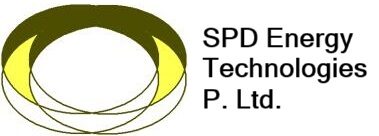Electrical and Instrumentation (E&I) Expertise involves specialized knowledge and skills in designing, developing, and maintaining systems that measure, control, and monitor industrial processes. Here are the key components:
Electrical Expertise
- Electrical Design: Creating detailed electrical schematics, wiring diagrams, and layouts for various systems.
- Power Systems: Understanding and managing power generation, distribution, and utilization.
- Control Systems: Designing and implementing control systems for automated processes.
- Safety Standards: Ensuring compliance with electrical safety standards and regulations.
- Troubleshooting: Diagnosing and resolving electrical issues in systems and equipment.
Instrumentation Expertise
- Measurement and Control: Designing and maintaining systems that measure process variables like pressure, temperature, flow, and level.
- Sensors and Actuators: Selecting and integrating sensors and actuators to monitor and control processes.
- Process Control: Implementing control strategies to optimize process performance and ensure stability.
- Calibration and Testing: Calibrating and testing instruments to ensure accuracy and reliability.
- Data Analysis: Analyzing data from instruments to improve process efficiency and troubleshoot issues.
Combined E&I Expertise
- Integration: Combining electrical and instrumentation systems to create cohesive and efficient automated processes.
- Project Management: Overseeing E&I projects from design to implementation, ensuring they meet technical and regulatory requirements.
- Innovation: Developing new technologies and methods to enhance process control and automation


